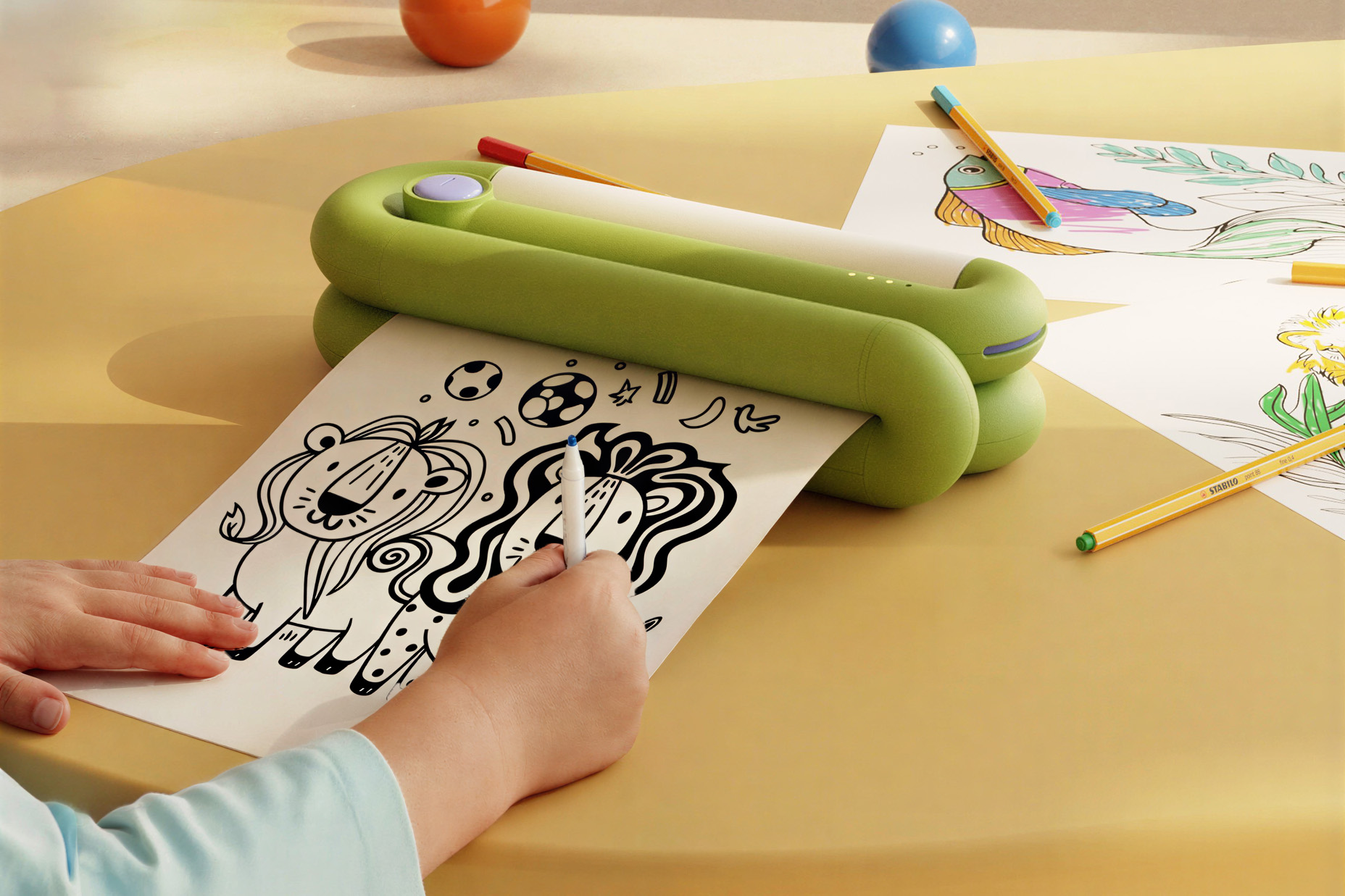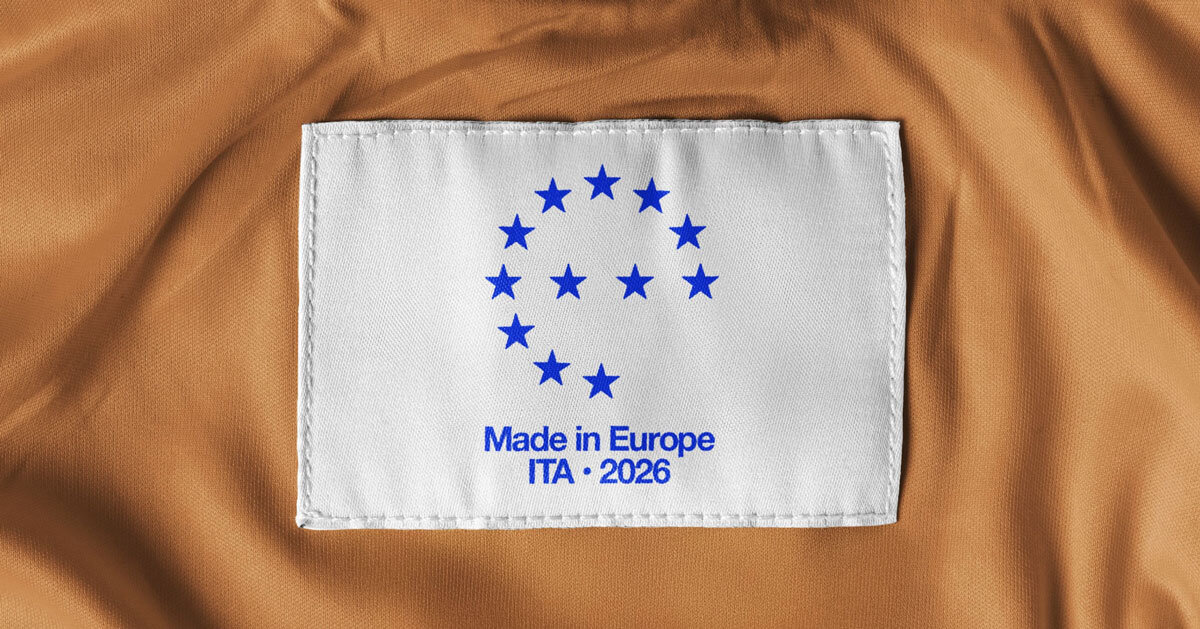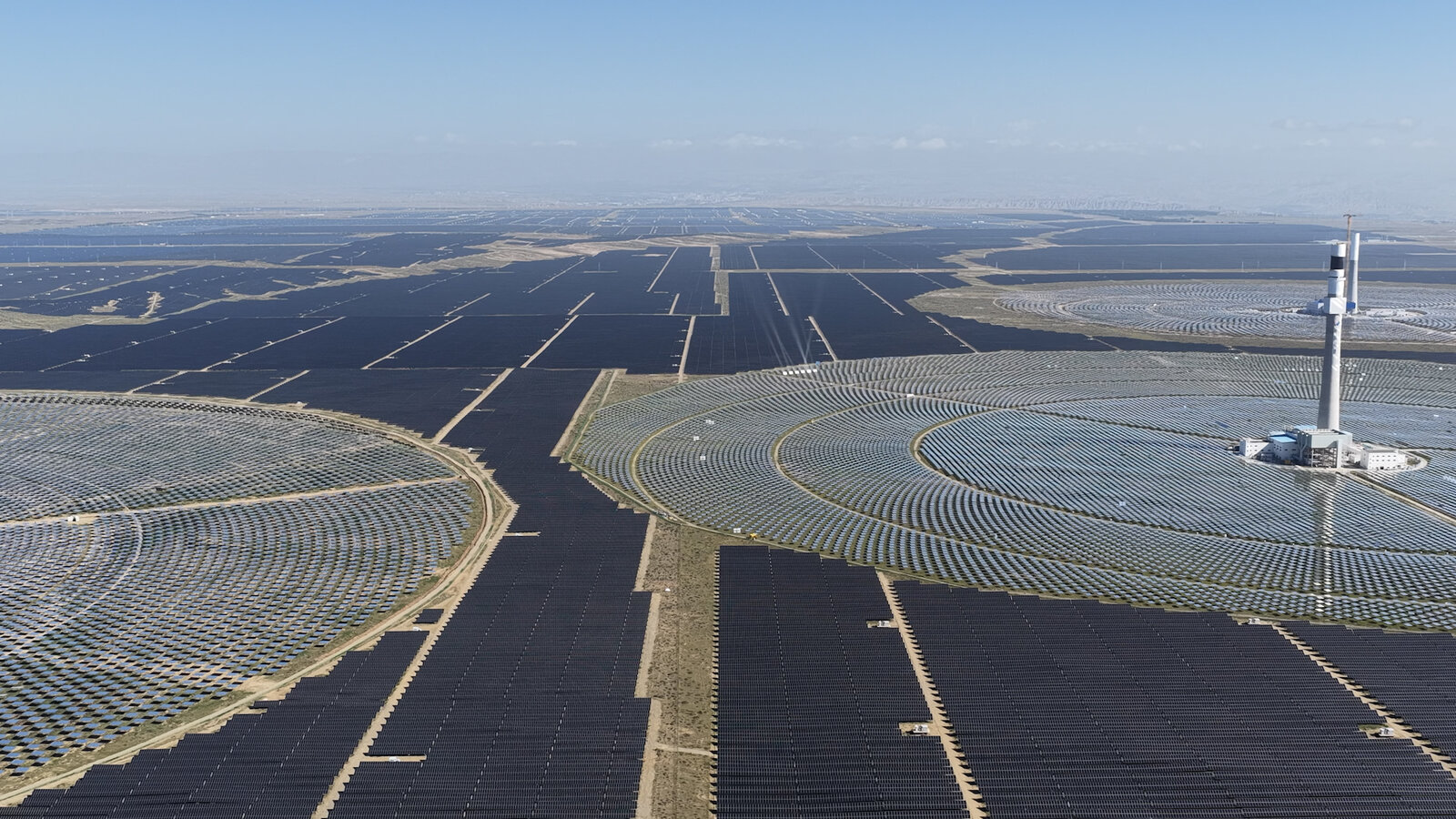Should we bother to recycle?

Recycling in the UK is nowadays part of most people's lives, with 9 out of 10 households recycling regularly. It is also an important part of our economy, with recycling plastic waste creating 30 times the number of jobs compared to sending it to landfills. Recycling pushes away from the need for continual extracting (mining, quarrying, and logging), refining, and processing of raw materials, keeping materials in use for longer. It is also an easy way to combat the amount of packaging and waste we consume on a day-to-day basis, and for most, recycling has become a righteous practice of sustainability.
Sounds great, right? The rubbish may go out of sight and out of mind, but not all of it actually reaches its perceived destination. Greenpeace’s most recent campaign, ‘what really happens to recycling’ campaign, clearly shows the sheer scale of plastics we use and discard daily on to other countries. Nearly 40% of our waste goes to Turkey, and when we can’t ship it overseas we are also turning to incineration as a method of disposal.
“We are now burning more waste than we recycle. Latest figures for England show that in 2019 11.6m tonnes of waste was incinerated while 10.9m was sent for recycling”.
- The Dirty Truth About Your Rubbish
This could be seen as a better response than shipping off waste, as energy is harvested from the process of incineration. However the total carbon emissions released from incineration have now overtaken those from coal. Figures for 2019 show the UK’s 48 incinerators emitted a total of around 12.6m tonnes of CO2. In comparison, the dwindling coal sector produced 11.7m tonnes of CO2.
Much of this is out of our control as consumers, but even if these problems didn’t exist, should the mentality that recycling fosters be questioned? To what effect does it have on our behavior around consumption?
“The positive emotions associated with recycling can overpower the negative emotions associated with wasting”.
- Monic Sun and Remi Trudel, professors at Boston University
For some, recycling falsely gives new confidence in sustainable action. Wrongly justifying overconsumption, and possibly even pushing consumers away from a more considered lifestyle. Whilst recycling is certainly better for the environment than landfilling or burning unsorted waste, there is a growing worry among environmentalists that it could be promoting additional consumption — and additional waste.
So what do we do? If only a small percentage of what we recycle is actually being recycled, and the rest fueling a fire of CO2, or littering other countries. Are our actions doing more harm than good? With most issues surrounding sustainability, nothing is black and white when it comes to choosing the truly ‘sustainable’ solution. However, more sustainable behavior change can only come from individual positive action.
Recycling is still a must. Recapturing material value is hugely important to keeping CO2e down and stopping further natural environments from being destroyed. But now we all need to start taking more responsibility for what we are consuming and understanding the reality of what really happens to our recycling is key.




